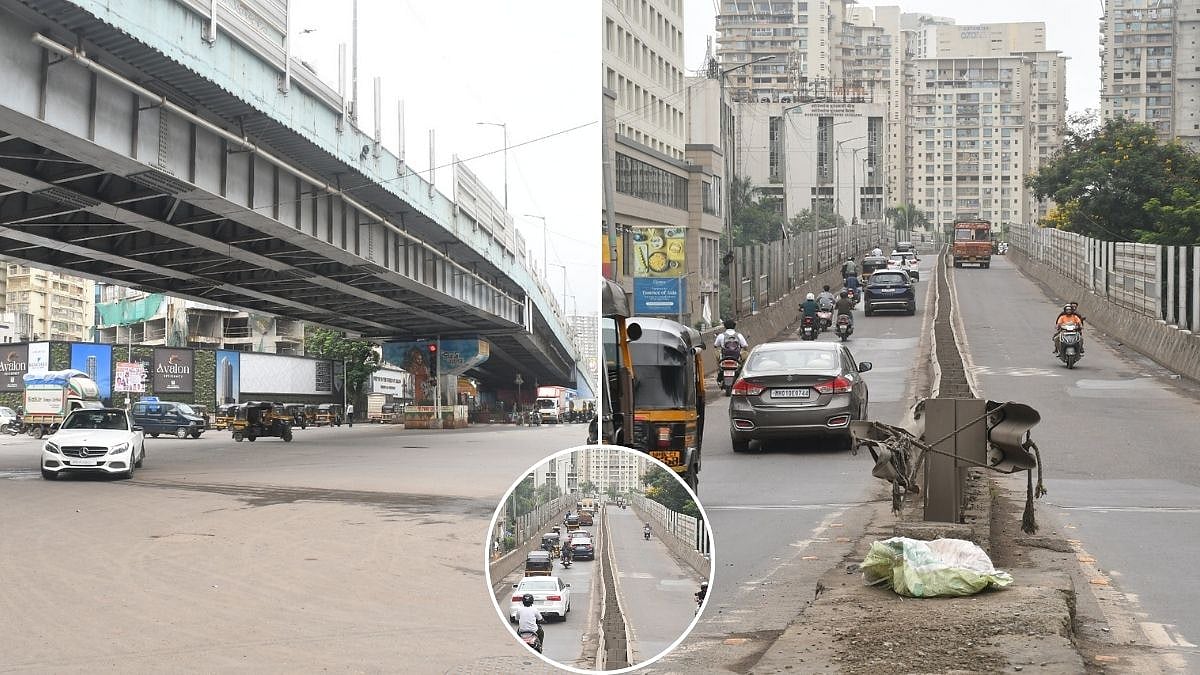Imprisonment does not restrict an individual’s right to pursue further education, observed the Bombay High Court while allowing Mahesh Raut, an accused in the Elgar Parishad - Bhima Koregaon case, to take admission to the 3-year law course at Siddharth Law College. He was arrested by the NIA for his alleged links with the CPI Maoists.
A bench of Justices Ajey Gadkari and Neela Gokhale was hearing a petition filed by Raut seeking direction to the Mumbai University To grant him admission in Siddharth Law College in the academic year 2024-2025.
The sessions court at Pune and special NIA court in Mumbai has rejected Raut’s bail plea. He was granted bail by the high court last year, however the same was stayed by the Supreme Court on an appeal filed by the NIA. At present he is lodged in Taloja Central Prison.
Raut’s counsel Mihir Desai submitted that he appeared for the Maharashtra Common Entrance Test (CET) law examination pursuant to permission granted to him by the Special Court. He participated in the CAP round process through his sister, and his application was provisionally accepted. The Siddharth college provisionally allotted him a seat. His sister paid the required fee to freeze the seat allotted.
However, he said that he is required to remain physically present for the verification of his documents to be admitted to the college. As he is detained in the jail, he cannot remain physically present for the same.
Advocates Rui Rodrigues and Muzzafar Patel, appearing for the University and Siddharth Law College respectively , submitted that LL.B. is a professional course and the university rules require a candidate to have compulsory minimum attendance of 75% during every academic year. They submitted that Raut, being in jail, would undoubtedly be unable to fulfil the requisite attendance requirement.
However, the bench allowed Raut’s plea saying: “Imprisonment does not restrict an individual’s right to pursue further education. Denying the opportunity to take admission in the College despite a seat being allotted by following the due process as prescribed, is a violation of the fundamental right of the Petitioner.”
It left it to the College to consider permitting Raut’s authorised representative / next of kin to physically attend the College and verify the documents or in the alternative, to take his signature on the documents from the Taloja Central Prison.









